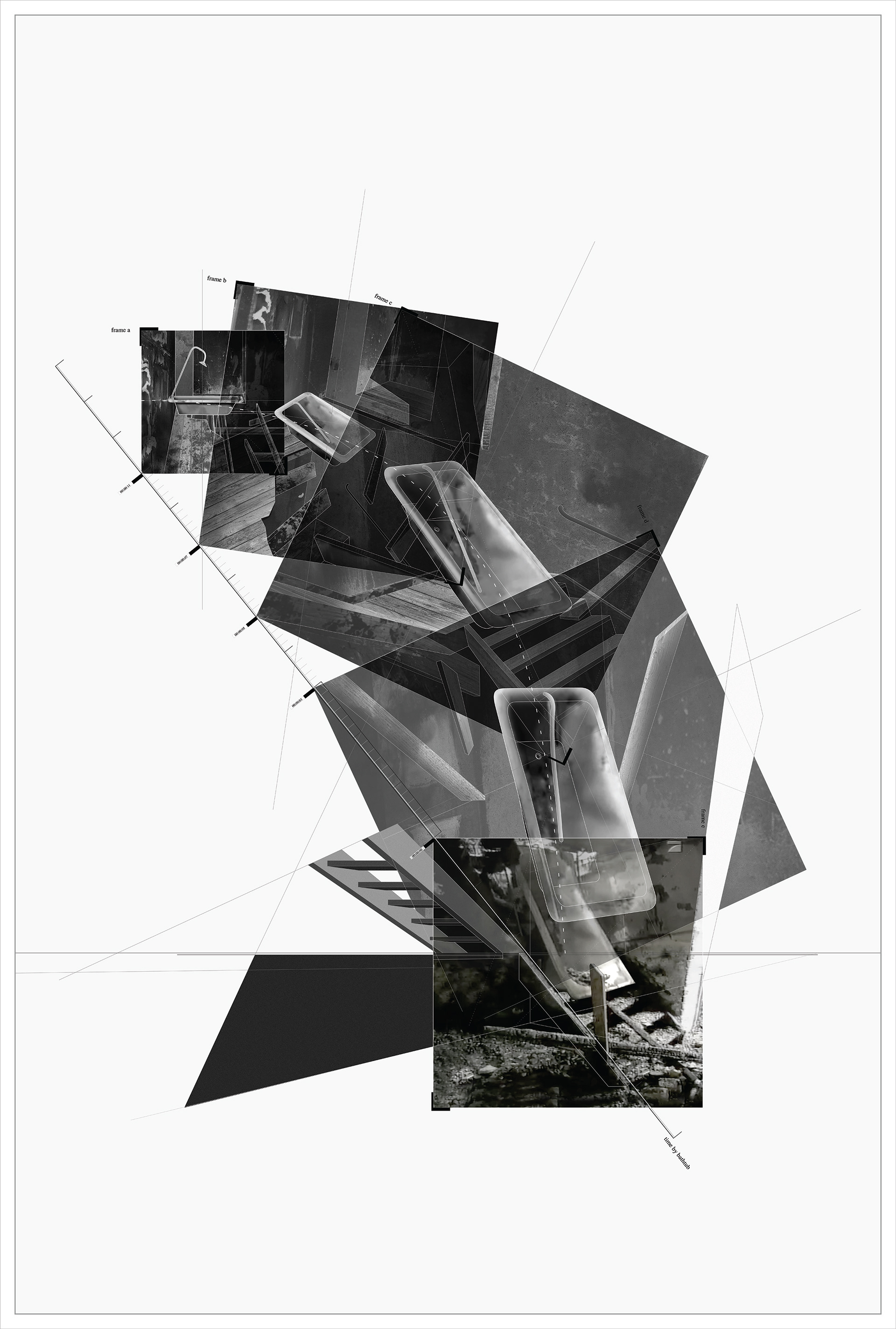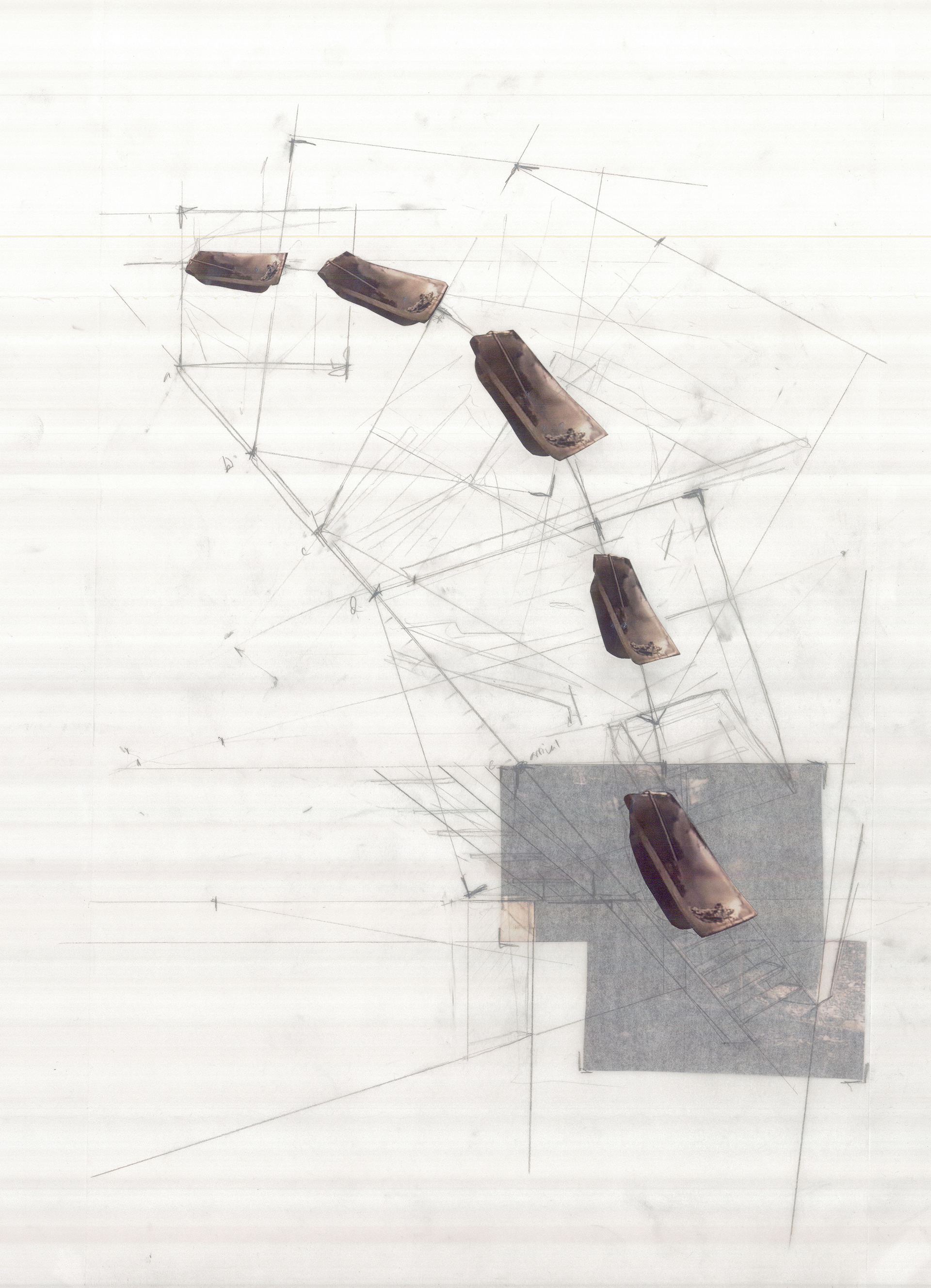Winner : Charles Goodwin Sands Memorial Thesis Award for exceptional merit in architecture
Nomination : Michael Rapuano Memorial Award for design excellence
Research Study : Hunter R. Rawlings III Cornell Presidential Research Scholarship
On May 29th, 1993, four Neo-Nazi skinheads set ablaze the freestanding home of the Genç family in Solingen, Germany killing five and maiming fourteen of its residents. With buildings set ablaze, the thesis reevaluates the architectural conception of the signifier over the signified, building as body’s corporeal obliteration, Postmodernism’s assertions of form as meaning, and site’s simultaneous temporal disassociation and contextual-specificity. The thesis uses arson as a method of destruction to formulate a reconstructed architecture, an architecture that will confront the possibilities of meaning without monumentalizing, deconstruction without absolute abstraction, and memory without recapitulation.
The historical case study of the Genç home initiates a way of looking at an incident backwards—taking a still frame from the available media documentation and resolving its Zwischenzeit, “between-time”, states. Both as a representational tool and an argument for pragmatic deconstruction in the final interventions, the redrawing of the house serves to suspend time, space, object, and phenomenology of the arson.

